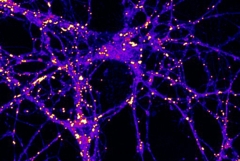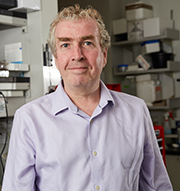Weill Cornell Medicine faculty and staff were honored with Excellence in Medical Education Awards at a ceremony June 26 held on campus. The awards, which are given at the end of each academic year, celebrate the honorees' extraordinary contributions to the education mission and for making the Weill Cornell Medical College experience exceptional for its students.
Dr. Joseph Safdieh, senior associate dean for education, presented the awards.The winners represent a wide range of departments across the institution, with categories recognizing teaching, distinguished service and leadership.
“The Excellence in Medical Education Awards shine a light on faculty who truly excel in teaching," Dr. Safdieh said. "These awardees make the time, guide their students through their education journey, and leave a lasting impression on learners. They are not just teaching medicine; they are shaping how our students develop their identities as physicians. That kind of impact is worth celebrating.”







